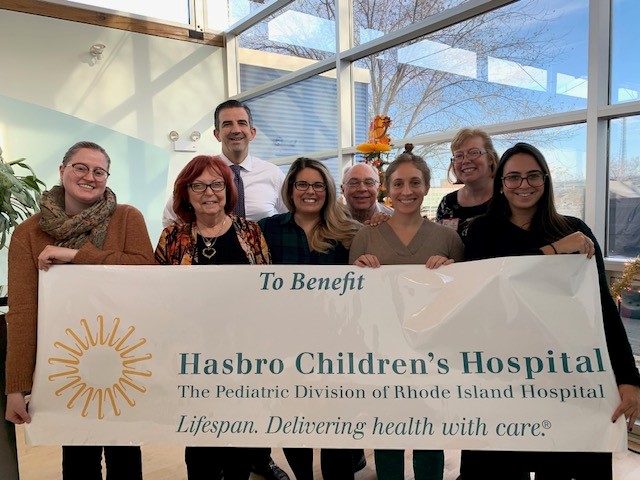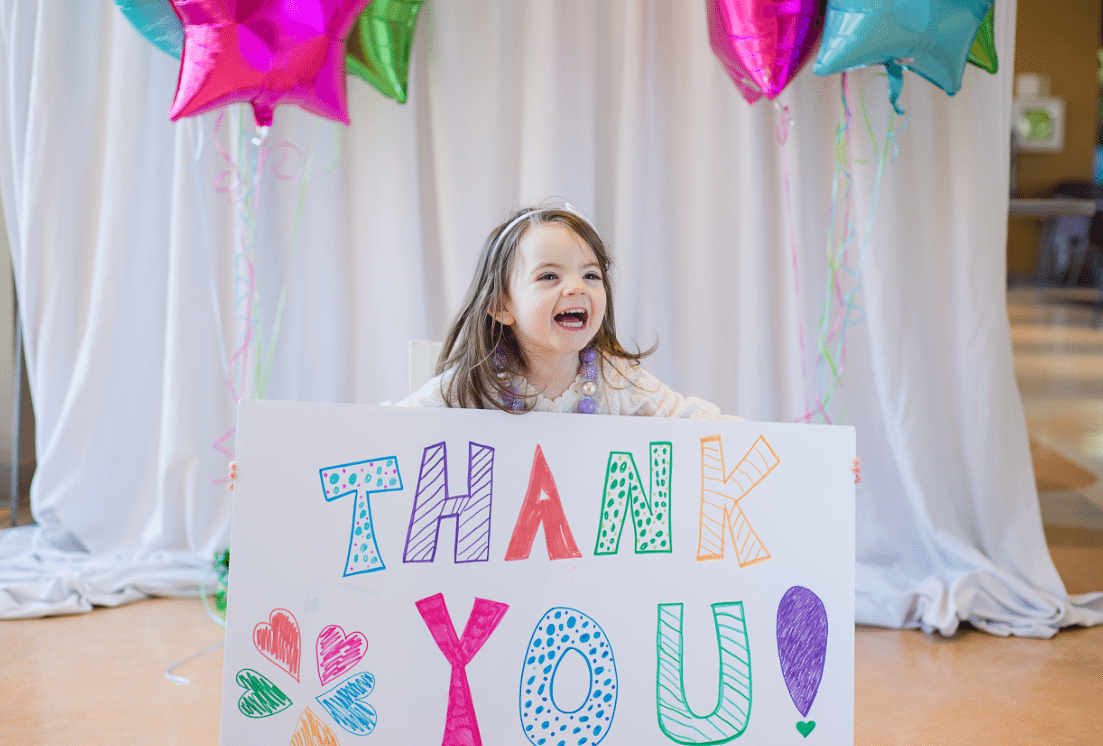How Many Hugs Will You Give Today?
January 21 is National Hugging Day. Much like laughter, hugs have hidden health benefits that’ll make your heart so happy… no, literally. It does so much for your body, heart and all.
*As a disclaimer, the message of not forcing your child to give hugs when they don’t want to is SO important, and encouraging your children to establish and maintain healthy boundaries has become increasingly necessary over time. But in the moments where hugs are a comfortable thing to share, there are so many beautiful things and secret health benefits to be found. And that’s what I’m here to share.*
Hugs provide similar effects to weighted blankets or comfort toys. When gentle pressure is applied to the sternum, your thymus gland is stimulated. This stimulation helps regulate and balance the body’s production of white blood cells, which strengthens your immune system. Studies have shown that people who hug often end up developing less severe cold symptoms than those who feel socially deprived. These hugs release three really important chemicals – Dopamine, the feel-good pleasure hormone; serotonin, an antidepressant hormone that elevates mood, controls anxiety, and reduces feelings of loneliness; Oxytocin, the love hormone that relieves stress, improves heart health, reduces blood pressure, and actually helps fight diseases.
A brief but meaningful hug is connected to lower reported rates of loneliness and higher levels of social connection. A 20 second hug reduces the harmful effects of stress by reducing blood pressure, decreasing cortisol levels, reducing cravings, and a continued increase in immunity. One study even shows that men who report hugging their friends or having healthy social connections have a diminished worry surrounding mortality. Even a fleeting hug builds a sense of safety and helps with open and honest communication. The World Health Organization identifies social networks and connections as a primary determinant of health.
When your sympathetic nervous system (the part of your brain that activated under stress or a perceived threat in our environment) is out of whack, it is important to engage your parasympathetic nervous system (remember all those happy chemicals we talked about earlier?) Other ways to turn on your parasympathetic nervous system are various forms of meditation, and, you guessed it, HUGS!
There is a whole world of hug-science, and I couldn’t possibly explain it as well as the experts. This is a truly fascinating qualitative analysis of something so many of us take for granted. So make sure you hug your friends and loved ones today – and whenever you feel like it!
*sending all of you one big virtual hug*



